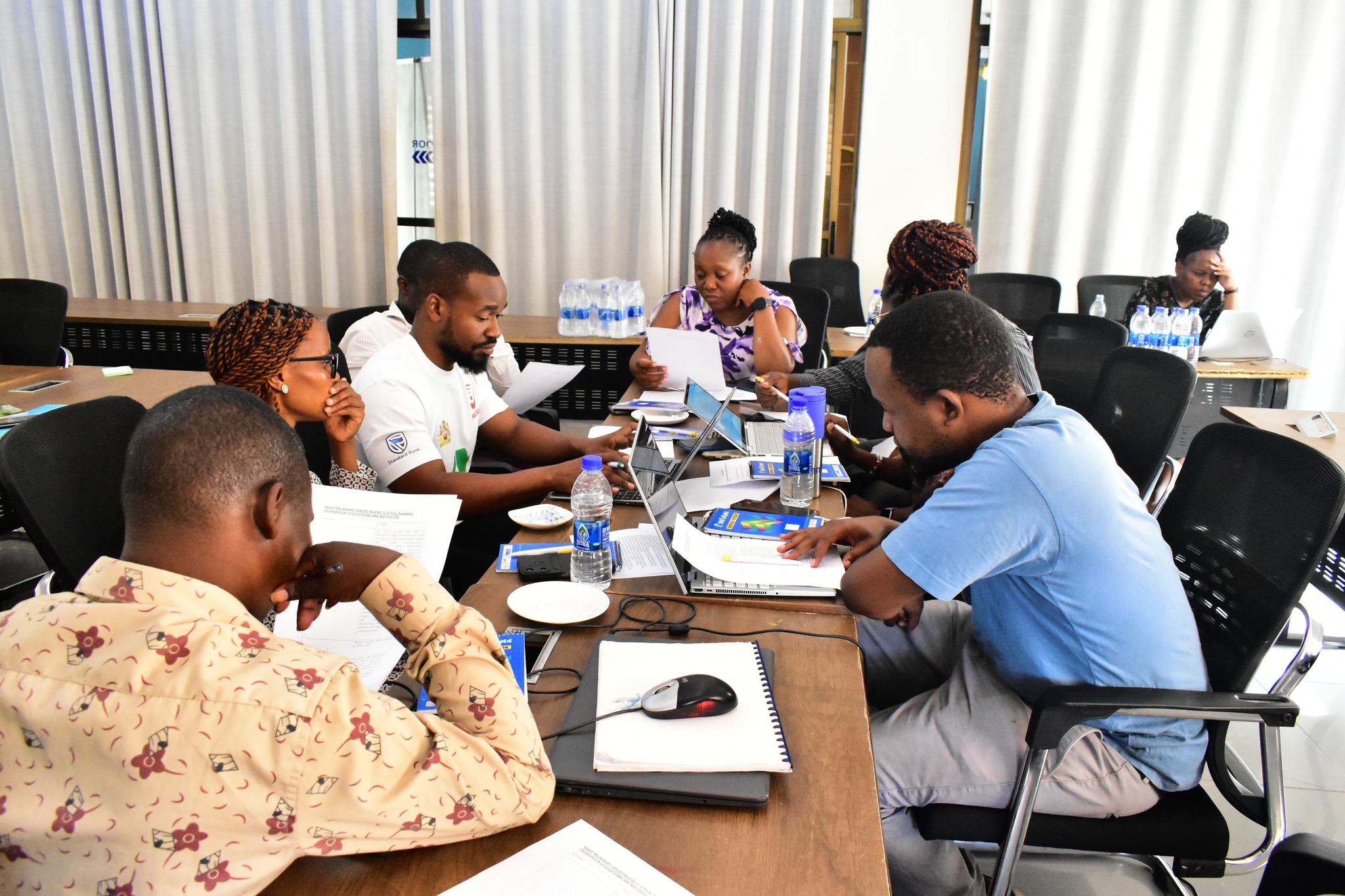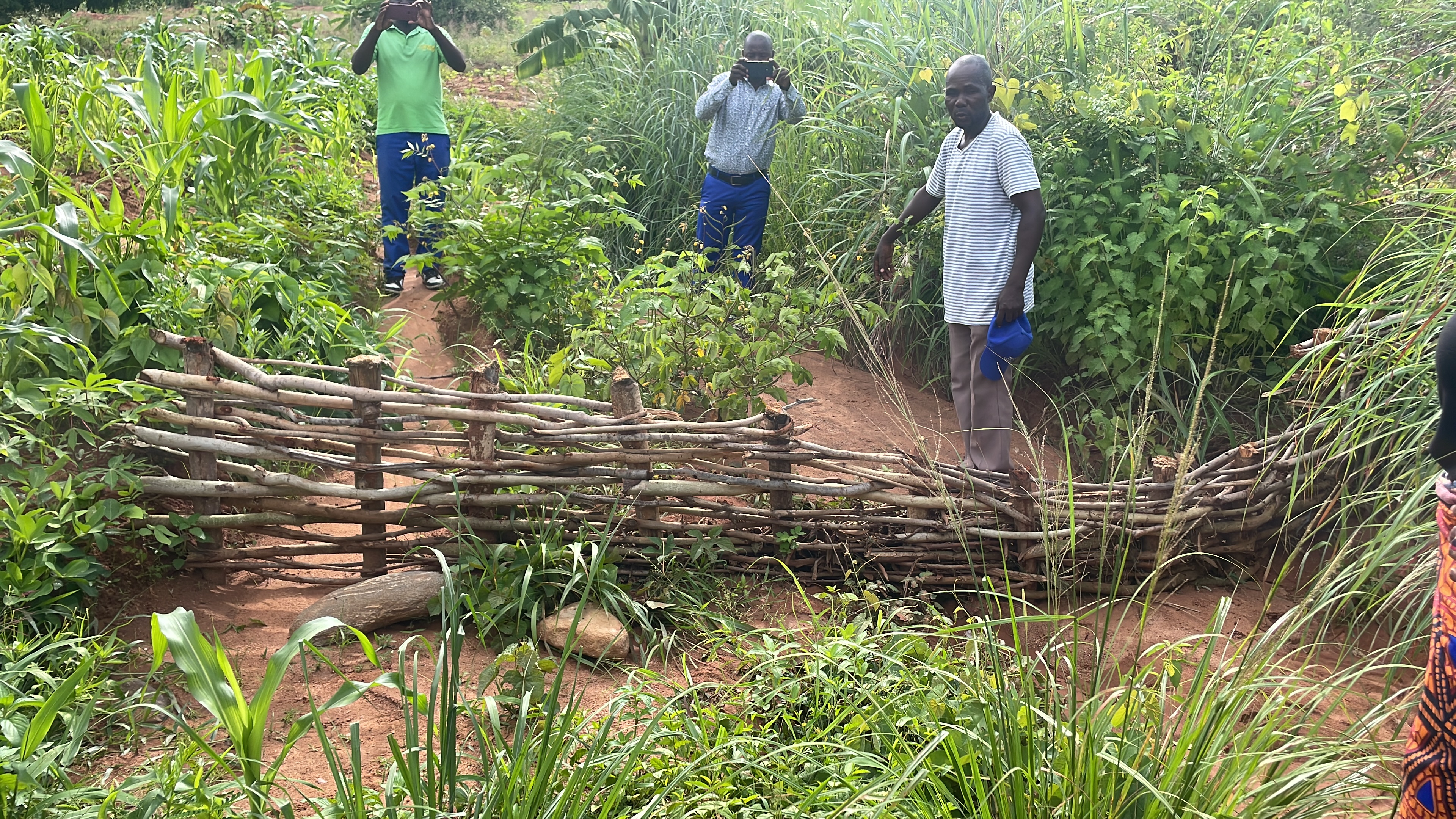EAD conducts NBSAP Stakeholder Consultation Workshop

The Ministry of Natural Resources and Climate Change through the Environmental Affairs Department in collaboration with the Malawi University of Science and Technology (MUST) has conducted a stakeholder consultation workshop to refine the National Biodiversity Strategy and Plan (NBSAP) targets related to spatial planning and restoration of degraded ecosystems to align with Global Framework on Biodiversity.
The stakeholders met in Salima from 11 to 12 December, 2024 and among others, refined the NBSAP preliminary targets to align with Kunming- Montreal Global Biodiversity Framework target 1 that aims to ensure that all areas are under spatial planning or other effective management to reduce biodiversity loss; target 2 which aims at ensuring effective restoration of degraded ecosystems by at least 30 per cent in order to enhance biodiversity and ecosystem functions and services, ecological integrity and connectivity and target 4 which strives to halt species extinction, protect genetic diversity, and manage human-wildlife conflicts by 2030.
The workshop also provided an opportunity for the stakeholders to appreciate the scope and objectives of Spatial Biodiversity Assessment, Prioritization and Planning (SBAPP) project being implemented by MUST in partnership with the Environmental Affairs Department (EAD).
SBAPP aims at strengthening biodiversity knowledge base for informed management, protection and conservation of natural resources in Malawi.
Malawi’s ecosystem is characterized by freshwater (lakes and rivers) wetlands and terrestrial, the majority of which is critically endangered through crop cultivation, human settlement and infrastructural development.
According to SBAPP Project Coordinator and Ecological Sciences Lecturer at MUST, Dr. Tiwonge Mzumara Gawa who was also the workshop co-facilitator with Boniface Chimwaza, the Chief Environmental Officer at EAD, the project started in November 2022 through a regional launch held in Mozambique and will end in June 2027. It is also being implemented in South Africa, Namibia and Mozambique.
Regionally, the project is coordinated by the South African National Biodiversity Institute (SANBI) and the funded by Agence Française de Développement (AFD) and the Fonds Français pour l’Environnement Mondial (FFEM).
 STRENGTHENING CLIMATE RESILIENCE: HOW LIFE-AR IS TRANSFORMING COMMUNITIES IN MALAWI
STRENGTHENING CLIMATE RESILIENCE: HOW LIFE-AR IS TRANSFORMING COMMUNITIES IN MALAWI